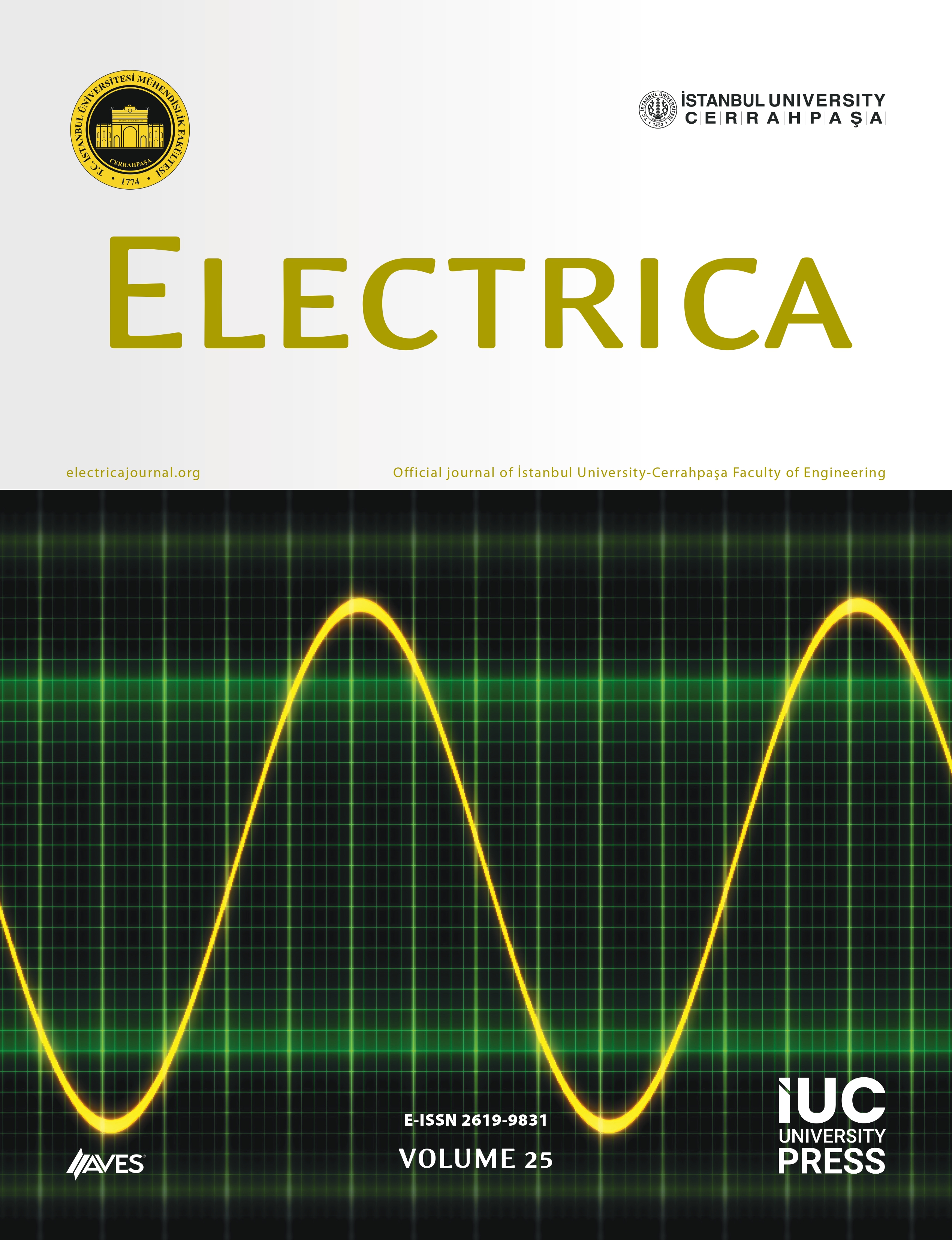In this study, the automated diagnostic systems employing diverse and composite features for electrocardiogram (ECG) signals were analyzed and their accuracies were determined. In pattern recognition applications, diverse features are extracted from raw data which needs recognizing. Combining multiple classifiers with diverse features are viewed as a general problem in various application areas of pattern recognition. Because of the importance of making the right decision, classification procedures classifying the ECG signals with high accuracy were analyzed. The classification accuracies of multilayer perceptron neural network, combined neural network, and mixture of experts trained on composite features and modified mixture of experts trained on diverse features were compared. The inputs of these automated diagnostic systems composed of diverse or composite features and were chosen according to the network structures. The conclusions of this study demonstrated that the modified mixture of experts trained on diverse features achieved accuracy rates which were higher than that of the other automated diagnostic systems trained on composite features.



.png)

.png)